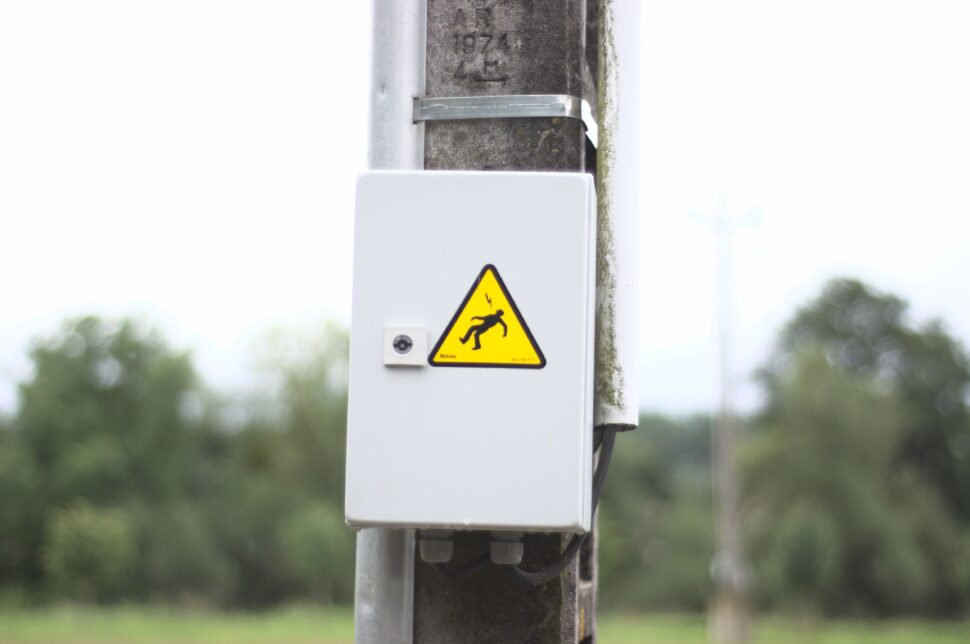Although most companies have implemented several safety precautions and procedures, workplace injuries still happen. Although…
The Rights of Those Who’ve Been Electrocuted at Work – Guest Post

Workplace electrocution is a serious accident that can cause death, long-term health issues, and severe injuries. In many cases, when someone is Electrocuted at Work this type of workplace accident is preventable.
Workers who have been electrocuted have certain rights that protect them under different regulations and laws. In this article, we’ll reveal what these rights are and guide you on when to file a construction accident lawsuit so that you can receive compensation for your injuries.
Before we look at the rights you have after being electrocuted at work, you need to understand what workplace electrocution is all about. Based on the duration and voltage of the exposure, you might suffer a fatal cardiac arrest or minor burns.
Workplace electrocution is caused by several factors, including insufficient safety protocols, bad electrical equipment, and exposure to live wires.
Legal Protections for Electrocution Victims
Regulations and laws abound that protect workers from work hazards, including electrocution, to make sure you get compensated should such accidents occur. Let’s take a look at these legal protections below:
Occupational Safety and Health Administration (OSHA) Regulations: The Occupational Safety and Health Administration has strict standards that organizations must follow to ensure workplace safety, which includes electrical safety. Therefore, employers must comply with these standards to reduce the electrocution risks to their workers. As a result, employers must train their employees to follow these protocols, regularly maintain electrical equipment, and implement safety protocols.
Workers’ Compensation Laws: The majority of U.S. states have a system for compensating workers when they get injured while working. The victim receives compensation that covers part of their lost wages, rehabilitation costs, and medical expenses. Unlike insurance claims, you don’t have to prove that the employer was negligent to get this compensation, as the system doesn’t depend on that.
Third-party Liability: This is a situation where a third party, for instance, a subcontractor or equipment manufacturer, is liable for the worker’s electrocution. In such a case, the law permits the victim to sue the liable third party for compensation. This is in addition to the compensation received from the worker’s compensation laws.
Americans with Disabilities Act (ADA): Another legal protection that electrocution victims enjoy is the Americans with Disabilities Act (ADA). Thanks to this act, if the electrocution causes a long-term or permanent disability, the employee must not be decimated in any way in his workplace. The employer must find a way to accommodate the injured worker to enable them to continue to earn for themselves.

A closeup of a warning sign on an electric box with a yellow danger sign of being shocked
Steps to File a Claim After Electrocution at Work
What do you do after you are electrocuted at work? This section will reveal the steps you should take after such an incident.
Get Medical Attention: The first thing you need to do is get medical attention immediately after you get electrocuted. You can read this article to learn about first aid for electrocution. Immediate treatment will help assess and prevent the injuries from getting worse.
Inform your Employer of the Incident: Once you are cleared medically, the next step is to inform your employer of the incident. Don’t delay in making this report, and bear in mind that you need to provide proper documentation as it is required by OSHA to file the workers’ compensation claim.
Consult your Lawyer: Before you begin to seek compensation, you need to consult your lawyer. They will be able to guide you on how to fill out the forms and follow the regulations necessary to secure the correct compensation. They might also determine whether you need to pursue claims against third parties.
File a Workers’ Compensation Claim: You are to submit this claim to the Workers’ Compensation Board in your state. You’ll have to fill out several forms and also provide a medical report on your injuries.


 5.0 stars Posted by Mary June 30, 2016
5.0 stars Posted by Mary June 30, 2016